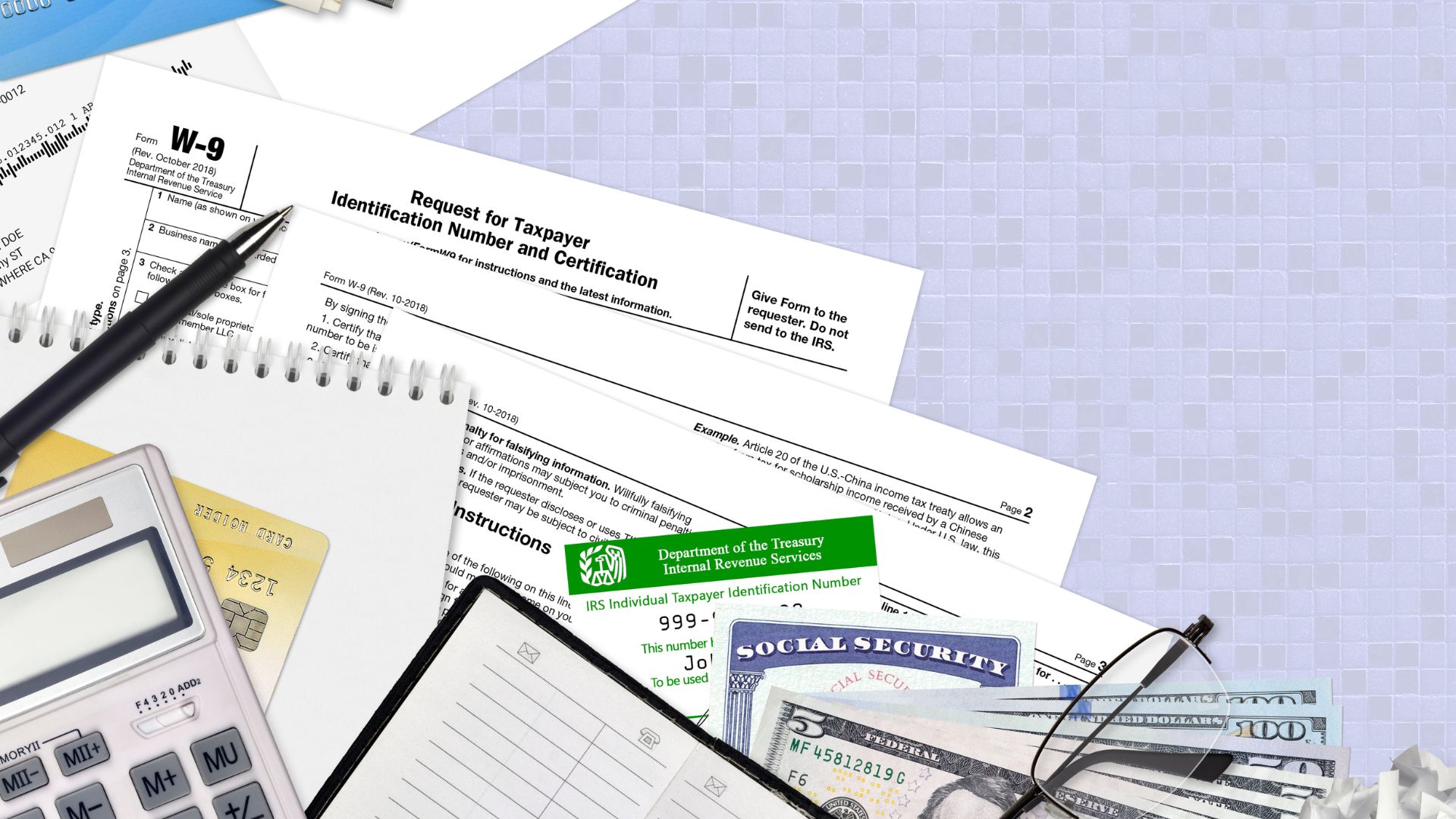The Inflation Reduction Act of 2022, P.L. 117-169, has ushered in a wave of fresh credits, deductions, and rebates aimed at promoting energy efficiency and encouraging the purchase of electric and hybrid vehicles. While these incentives will persist into the following year, experts suggest that utilizing them in 2023 could yield even greater benefits. Time is of the essence for clients looking to capitalize on these opportunities before the year’s end. Check out the details on the IRS webpage, “Credits and Deductions Under the Inflation Reduction Act of 2022.”
Maximizing Retirement Contributions for Tax Savings
As the year winds down, financial practitioners are advising clients to make the most of retirement plan contributions. With the 2023 contribution limits in mind, clients are urged to consider maximizing their contributions to build a robust retirement nest egg while enjoying valuable tax benefits. Additionally, a strategic Roth conversion could be on the table for clients aiming to optimize their financial position without pushing into a higher tax bracket.
Smart Strategies for Required Minimum Distributions (RMDs) and Charitable Giving
For clients facing Required Minimum Distributions (RMDs) from their IRAs, a tax-savvy move is making charitable contributions directly from the IRA. This “qualified charitable distribution” not only satisfies the RMD requirement but also provides an exclusion from gross income, reducing adjusted gross income (AGI) and impacting various tax calculations. Donating appreciated assets is another game-changer, offering a double benefit of eliminating capital gains tax and providing a deduction for the asset’s fair market value.
Health Care Cost Management: HSA and FSA Options
With healthcare costs taking a significant toll on budgets, clients covered by high-deductible health plans are encouraged to explore Health Savings Accounts (HSAs). These accounts offer tax deductions, potential employer contributions, and tax-free distributions for qualified medical expenses. Alternatively, those with access to Health Flexible Spending Arrangements (FSAs) can leverage pre-tax contributions to cover medical and dental expenses. A year-end contribution strategy can be particularly advantageous, allowing employees to use the total amount at the beginning of the year.
Strategic Use of Bonus Depreciation and Expensing for Businesses
For self-employed and business clients, the year-end presents an opportunity to leverage bonus depreciation rules and Section 179 expensing elections. With the potential to significantly reduce taxable income and lower equipment costs, these options can be a game-changer. Careful consideration of business asset purchases before the end of the year could prove financially savvy, especially with the ability to expense up to $1,160,000 of qualifying business property for 2023.
Investment Portfolio Review: Fine-Tuning for Financial Success
As 2023 approaches, financial experts advise clients to conduct a comprehensive review of their investment portfolios. Evaluating gains and losses can guide decisions on adjusting investment strategies. A particular emphasis is placed on nonretirement accounts, where selling holdings with losses can offset gains and reduce taxable income. Additionally, a year-end review of risk tolerance is recommended, offering clients insights into their comfort level with market fluctuations and guiding adjustments to their stock and bond portfolios.
Source ( Journal of Accountancy News).



